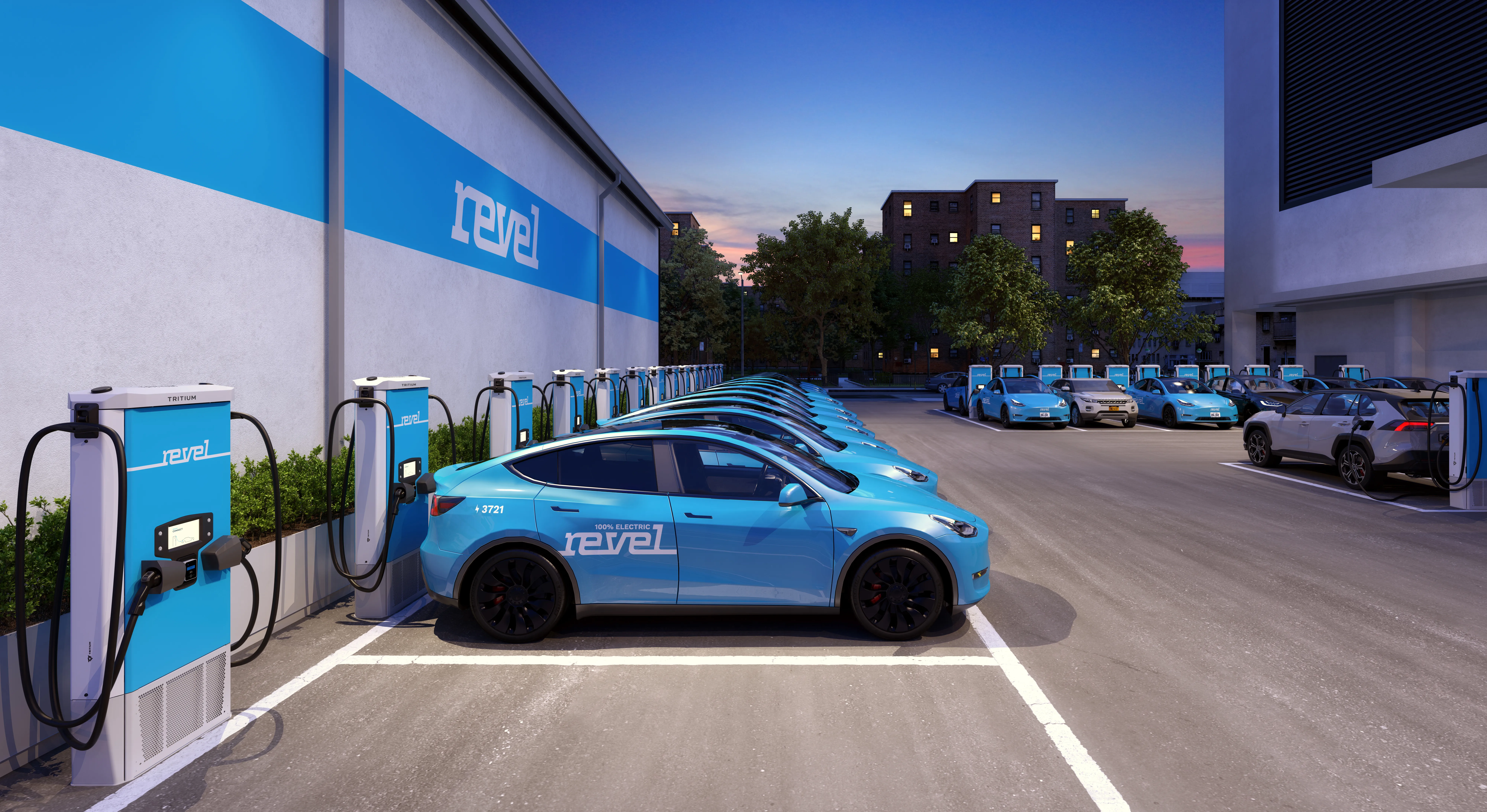Key findings showed 51% of people stated that price is currently the biggest barrier to them buying an electric or hybrid vehicle. 48% said they would switch if there were more charging points. Meanwhile, 30% said they wouldn’t buy either vehicle due to a lack of knowledge on how they work. In addition, 62% of people were unaware that the Government offers discounts and grants on purchasing an EC or hybrid vehicle.
An average for each fuel type was taken of three of the top-selling cars from petrol, diesel and electric. Data for the upfront costs of each of the nine vehicles were taken from their brand’s site as well as costs of servicing, road tax and MOT prices. The lifetime was measured as six years with the average mileage of 7,900 miles a year entered onto the site nextgreencar.com to determine the fuel costs. The results showed the total costs for diesel is £36,849 ($48,279), compared to £31,442 ($41,210) for electric and £26,766 ($35,082) for petrol. The overall costs for each model were made into three separate averages, which revealed that purchasing petrol cars is over £5,000 ($6,553) cheaper on average than electric cars, and £9,000 ($11,799) less than buying diesel vehicles. The running costs of ECs are 25% cheaper than petrol and 33% less than diesel.
Models used in the test include: Ford Fiesta Style (Petrol), Volkswagen Golf (Petrol), Ford Focus (Petrol), Skoda Superb Estate (Diesel), Vauxhall Astra Hatchback (Diesel), BMW 3 Series Saloon (Diesel), Renault Zoe Signature (Electric), Nissan Leaf Acenta (Electric) and BMW i3 (Electric).
The running costs over lifetime (annual) show that the cost of MOT’s and servicing over the average lifetime of an EC is half of both petrol and diesel vehicles. While EC users have the highest average insurance premium, they save money each year from paying no road tax. Additionally, the average fuel cost for ECs is £394 ($516) a year whereas the cost for both petrol and diesel are £700 ($917).
Data collected on the number of EC charging points available to drivers in UK cities revealed that while London performed well with 210 charging points in Central London, Liverpool and Cardiff had fewer than 10.
A full copy of the research can be found on the %$Linker:
MoneySuperMarket: 49% of British public surveyed have never considered buying EV or Hybrid Car
49% of the of the British public have stated that they have never considered buying an electric car (EC) or hybrid car, according to recent research by MoneySupermarket.com. These findings come from a survey carried out by the comparison site on 1,000 UK car owners to determine whether the British public is prepared for the electric switch following the government’s plans to prohibit petrol and diesel vehicles by 2040. It examined the cost, the number of charging points and public opinion.
November 7, 2017
Read time: 3 mins
49% of the of the British public have stated that they have never considered buying an electric car (EC) or hybrid car, according to recent research by MoneySupermarket.com. These findings come from a survey carried out by the comparison site on 1,000 UK car owners to determine whether the British public is prepared for the electric switch following the government’s plans to prohibit petrol and diesel vehicles by 2040. It examined the cost, the number of charging points and public opinion.








